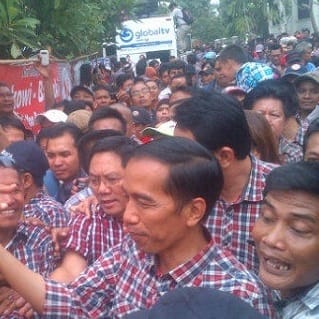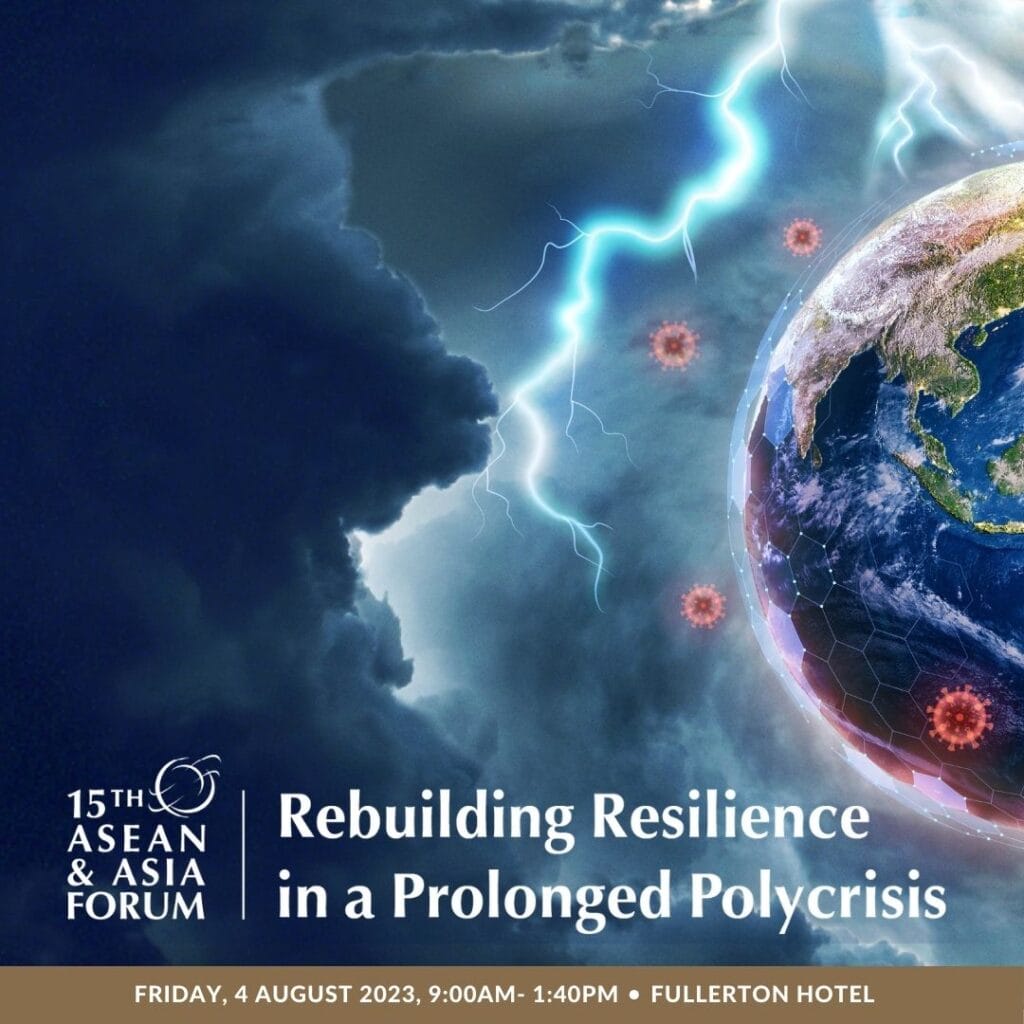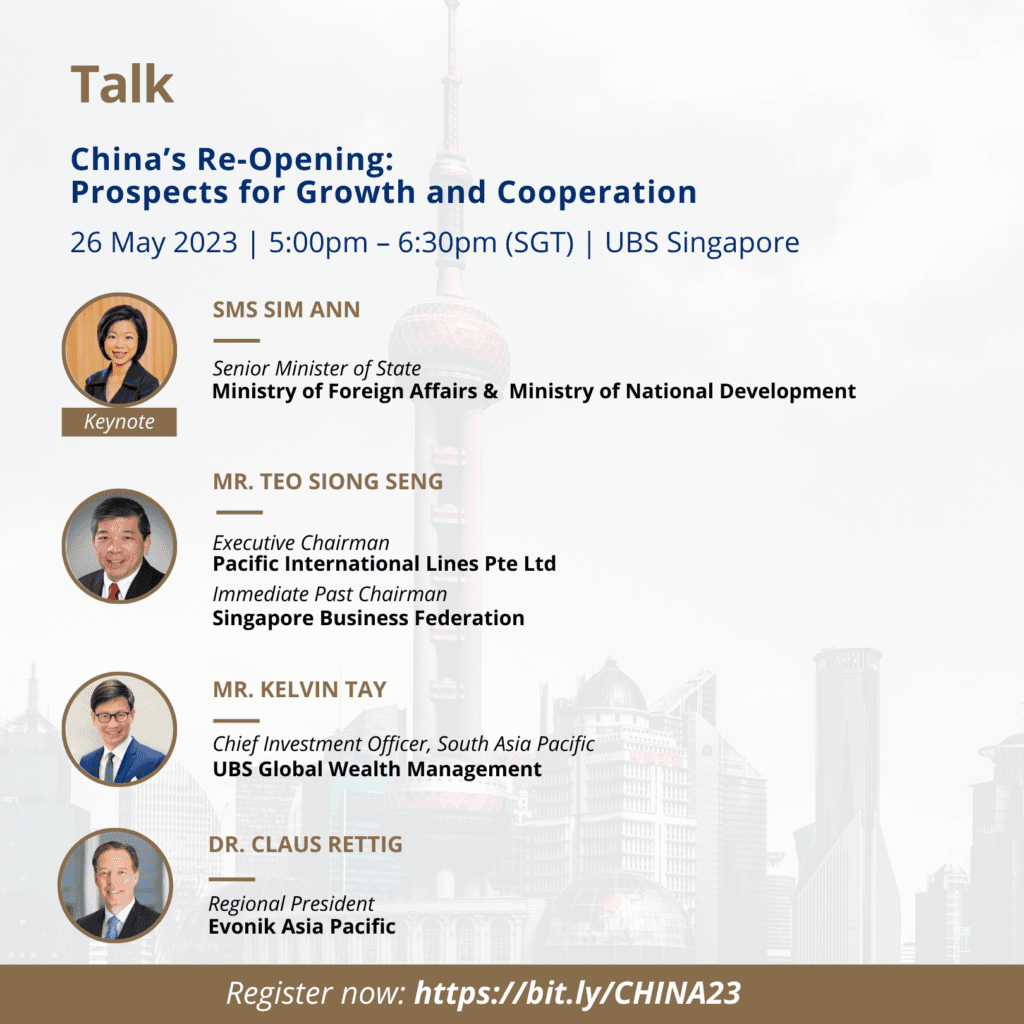Indonesia’s relations with the outside world have been strained in recent months. Its ties with Singapore have frayed due to the Indonesian navy’s naming of a warship “Usman Harun”, after two Indonesian marines executed in 1968 for the 1965 bombing of MacDonald House in Singapore. Indonesian-Australian relations have soured over alleged spying by Canberra. Earlier this year, Indonesia banned the export of key raw mineral ores, particularly nickel and bauxite, out nationalist anger at its natural resources being sold to outsiders.
As Indonesia’s elections draw closer, investors wonder if the increase in nationalist sentiment will affect the country’s business climate. They ask whether the nationalist rhetoric is mere political noise which will fade after the elections, or whether it represents something deeper-seated within Indonesia’s political consciousness.
Nationalism: The fastest route to political popularity
Indonesian politicians are using the narrative of restoring national pride to win popularity, stemming from a belief that over the past decade, foreigners have been taking advantage of Indonesia’s natural resources. This is compounded by the perception that Indonesia is a rising power and deserves to be treated as such.
However, the new government will take a pragmatic approach to running the economy. The new president would need to create a new development model, focusing less on Java and more on the other islands, as well as focus on reindustrialization. He would need to reform the education system and encourage vocational training. The president will also have to successfully tackle the perennial problems of corruption and bureaucratic inefficiency in order to bring about effective reform.
Indonesia’s nationalist mood will recede after the elections, although the ban on the export of raw ores will continue to cloud the business climate. The new president should end up adopting a pragmatic stance, and business should continue as usual.
The SIIA is continuing to monitor Indonesia’s elections. On 20 February 2014, Dr. Rizal Sukma, the Executive Director of CSIS-Indonesia, spoke at a seminar held the Singapore Institute of International Affairs, which discussed Indonesia’s elections and their effect on the business climate, which touched on some of the points made above.




